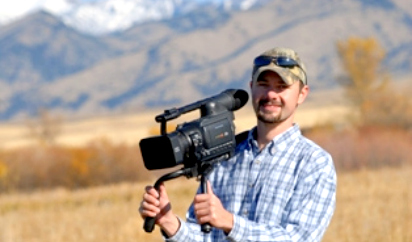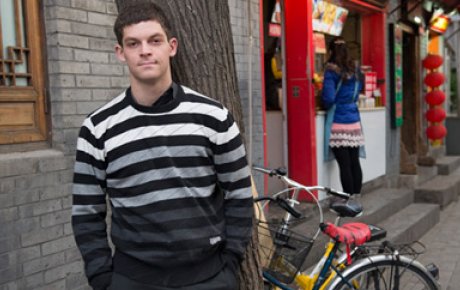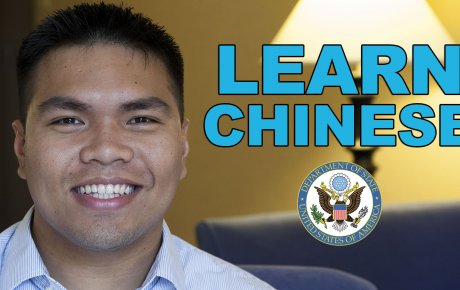412x242_ddunning_fulbrightusstudent.jpg
 Dawson Dunning, participant in the Fulbright U.S. Student Program to New Zealand, 2008-2009. Picture taken on the Gallatin River outside Bozeman, Montana. (Photo Credit: Kelly Gorham, MSU News).
Dawson Dunning, participant in the Fulbright U.S. Student Program to New Zealand, 2008-2009. Picture taken on the Gallatin River outside Bozeman, Montana. (Photo Credit: Kelly Gorham, MSU News).
According to Dunning, both species are “especially important in the Māori culture, which is what sparked my curiosity for the topic.”
Throughout his research Dunning remained “acutely aware of the fact that cultural values are crucial in protecting species and are often overlooked in the scientific community. While biologists are studying population trends and ecology using Western scientific methods, there is a wealth of knowledge already out there about [the] species, passed down by many generations of indigenous people.”
Dunning explained that traditional, indigenous knowledge of wildlife is “disappearing at an alarming rate and the more species we allow to dwindle and disappear, the more traditional knowledge will be lost as well.” Thus, a primary goal of his research, he explained, involved “spread[ing] a wider message that Western science and traditional knowledge are not contrasting ideas; neither are they two sides of the same coin. More so, they are both ways of understanding our universe, and partners in conversation.”
For his research, Dunning conducted interviews with the Māori and described this aspect of his research as “one of my greatest services while in New Zealand.”
According to Dunning, his experience in the Fulbright program was an incredible opportunity that advanced him both personally and professionally. “My work at MSU and as a Fulbright fellow has reaffirmed that I made the right decision to go into filmmaking,” Dunning explained. “Storytelling and artistic endeavors hold much more promise in my career in wildlife than lab work and scientific publications. Documentary film is an amazing tool in that it allows me to target an audience of choice; one that I feel will learn the most from the experience.”



